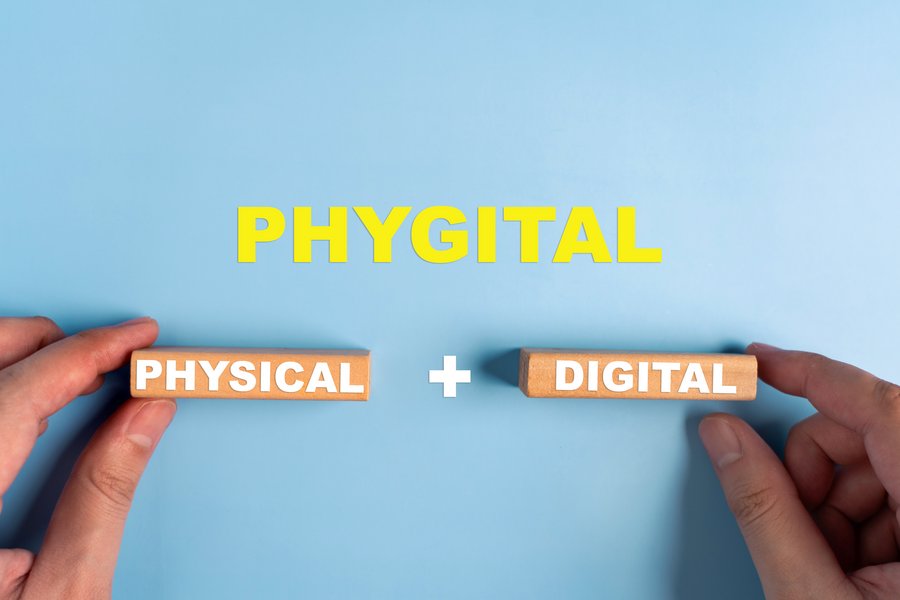Shaping a more ethical consumer
A fundamental truth lies at the core of understanding – and addressing – sustainability: intentions and actions are not always aligned. Ethical thoughts aren’t always translated into ethical deeds. According to a 2019 report in the Harvard Business Review, 65% of people say they want to shop sustainably, but only 26% actually do.4 Humans have to make thousands of decisions every day. To simplify things, consumption is often guided by habit and convenience.
In their acclaimed 2008 book “Nudge,” Richard Thaler and Cass Sunstein popularized the concept of nudge theory – that the key to successful behavioral change is often positive reinforcement and indirect suggestions rather than strict mandates. And it is this more empathetic approach that G+D and Doconomy view as pivotal to success.
“Sixty percent of an individual’s carbon footprint is linked to everyday consumption,” Wikström says. “We want to help users understand that daily choices matter.”
In collaboration, they hope to nudge individual consumers to take greater personal responsibility for the planet and to make more ethical choices. With Doconomy’s green banking solution, consumers can clearly see if they are reducing their carbon footprint over time. Nudges toward the tool’s integrated carbon-offsetting options can help boost the positive impact.
For its part, G+D will recommend Doconomy’s services to banks as part of its sustainable Convego® Beyond portfolio – a growing toolbox for the financial industry to drive green initiatives. “G+D’s footprint in the payment ecosystem, combined with Doconomy services, represents a smart way to join forces for a positive impact through payment,” says Vogt, adding that the partnership also enables banks and financial institutions to reshape and strengthen their customer relationships.
Ultimately, much like a successful partnership, payment is about trust. “It’s at the heart of every financial transaction, which is why we want to focus on that particular moment,” says Wikström. "And present an opportunity for the buyer, seller, and bank to take a greener, more ethical approach, as well as shape new loyalties – driven not by incentivizing more consumption, but by recognizing and incentivizing greater responsibility.”




